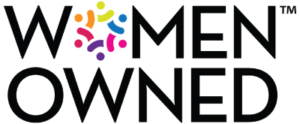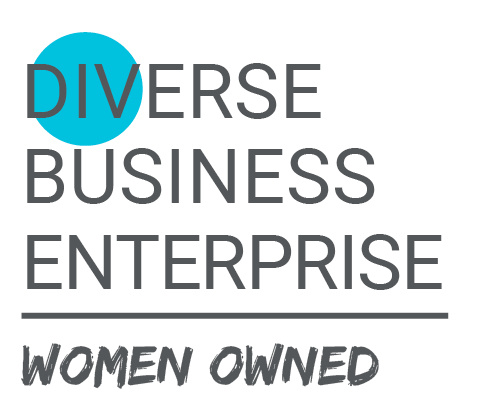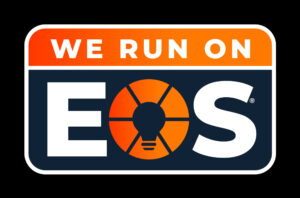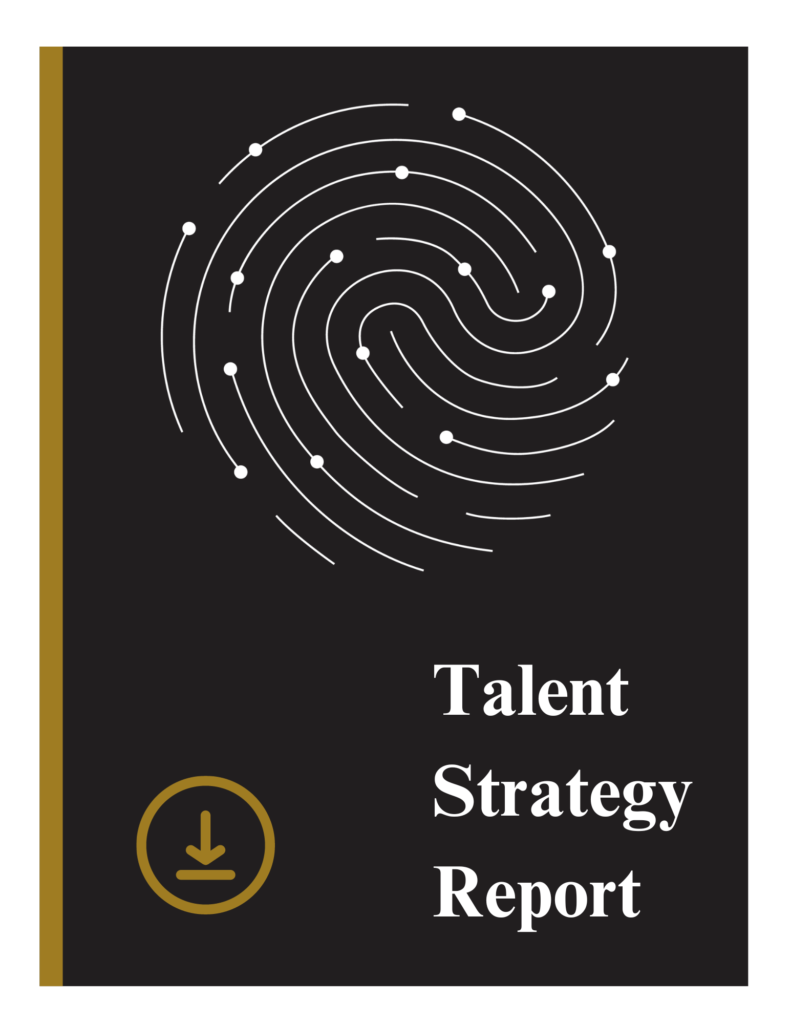by Ashley Ward
Cover letters have long been a staple for quite some time. They were once considered the quintessential tool for job seekers to introduce themselves, showcase their qualifications and articulate why they were the perfect fit for a position. However, in today’s fast-paced, digital landscape of recruitment and hiring practices, the question arises: Are cover letters dead? Do they still hold the same significance they once did? Or is it time to rethink our approach to job application materials?
As technology advances and the job market becomes increasingly competitive, many employers and job seekers are questioning the relevance and effectiveness of traditional cover letters. With the emphasis on efficiency in the hiring process, some argue that cover letters have become obsolete relics of a bygone era. Yet, others maintain that cover letters still have value, providing a unique opportunity for candidates to differentiate themselves and make a compelling case for why they are the right choice for a position.
To answer the question of whether cover letters are indeed dead, it’s essential to examine the changing dynamics of the job market and consider alternative approaches to presenting oneself to prospective employers. Rather than abandoning cover letters altogether, perhaps it’s time to explore what employers can do to understand the person beyond the resume.
The Evolution of Job Application Materials
Before exploring alternatives to cover letters, it’s crucial to understand why their effectiveness is being questioned in the first place. Several factors contribute to the skepticism surrounding cover letters:
Volume of Applications: With the ease of online job applications, employers often receive a high volume of applications for each job posting. As a result, recruiters may not have the time or inclination to read through lengthy cover letters for every applicant.
Changing Communication Channels: In today’s digital age, communication between employers and candidates has diversified beyond traditional means. Platforms like LinkedIn offer opportunities for networking and showcasing professional profiles, diminishing the need for a separate introductory document like a cover letter.
Given these challenges, it’s understandable why some may question the relevance of cover letters in modern job searches. However, rather than dismissing them outright, let’s consider what candidates can offer in lieu of or in addition to traditional cover letters.
Alternatives to Cover Letters
Behavioral Assessments: Behavioral assessments can dramatically improve the hiring process and the chances of hiring the right candidate for a given position. Smart assessments gauge the standard behaviors and motivations of a candidate, allowing a potential employer to more accurately predict how an individual will perform in the role and as a part of the team.
Professional Profiles and Portfolios: In place of a traditional cover letter, candidates can create and maintain comprehensive professional profiles or portfolios showcasing their skills, experiences, and achievements. Platforms like LinkedIn, GitHub (for developers), or Behance (for creatives) offer spaces for candidates to highlight their work and provide a more dynamic representation of their capabilities.
Customized Introductory Emails: Instead of attaching a separate cover letter to their application, candidates can craft personalized introductory emails addressed to the hiring manager or recruiter. These emails should succinctly introduce the candidate, express interest in the position, and briefly highlight relevant qualifications and experiences. Personalization is key here, as generic emails are likely to be overlooked.
Skills Tests: Tests designed to measure how a candidate will perform the essential functions of the role can also give more insight into a potential candidate. With a tailored test designed to mirror the work that will be required in the role, hiring managers can get a better sense for a candidate’s style as well as what areas of the role they will excel in and what areas they may have more trouble in.
Project-Based Applications: Rather than merely listing qualifications and experiences in a cover letter, candidates can take a more proactive approach by submitting project-based applications. This entails identifying a specific challenge or opportunity within the company and proposing a solution or strategy for addressing it. This demonstrates not only the candidate’s qualifications but also their problem-solving abilities and alignment with the company’s goals.
Testimonials and References: Including testimonials or references from previous employers, colleagues, or clients can add credibility to a candidate’s application. Testimonials can speak to the candidate’s skills, work ethic, and character, providing valuable insights for potential employers. While not a replacement for a cover letter, testimonials can complement other application materials and offer additional context for the candidate’s suitability for the role.
The Importance of Tailoring Application Materials
Regardless of the specific format or medium used to present oneself to prospective employers, one principle remains constant: the importance of tailoring application materials to the specific job and company. Whether it’s a traditional cover letter, a professional profile, or a project-based application, candidates must demonstrate a clear understanding of the company’s needs and how their skills and experiences align with those needs.
Taking the time to research the company, understand its culture and values, and tailor application materials accordingly can significantly increase the chances of standing out among a sea of applicants. This personalized approach shows employers that the candidate is genuinely interested in the position and committed to making a meaningful contribution to the organization.
Adapting to the Changing Landscape
In conclusion, while the relevance of traditional cover letters may be waning in today’s job market, there are still plenty of opportunities for employers to give candidates to showcase their qualifications and make a strong impression. By exploring alternative approaches such as professional profiles, personalized emails, project-based applications, and testimonials, employers can adapt to the changing landscape of recruitment and position themselves for success.



















